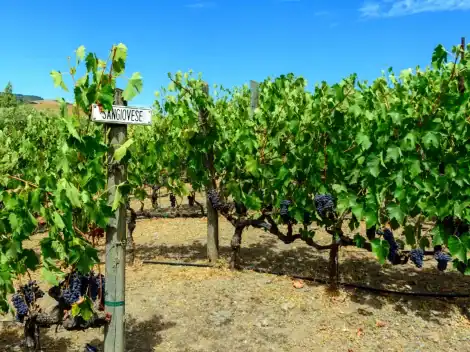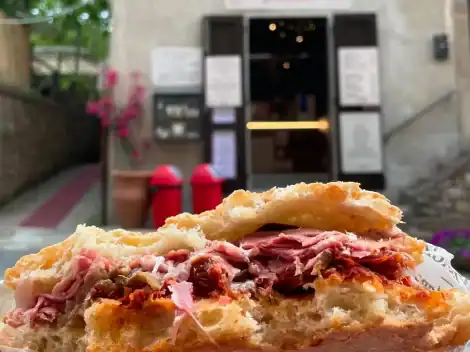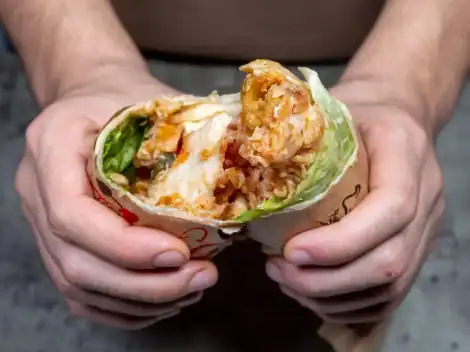The United States has started the massive anti-Covid vaccination campaign a few days ago, administering the first thousands of doses of the vaccine by Pfizer. In Europe, with the exception of the United Kingdom, which was the first to start the procedures, the expected V Day will be "celebrated" within the year, already a few days after Christmas. Then it will be the onerous task of each country to plan the most effective strategy in order not to annul the extraordinary scientific research carried out in recent months. Across the Atlantic, the United States is leading the way, confronted with the well-known logistical difficulties that will have to ensure correct administration of the vaccine (dry ice production has soared in recent weeks, and the images of refrigerated containers necessary to keep the temperature of the drug at –70ºC have catalysed the media.
Anti-Covid vaccine. Who has priority?
The other topic of debate concerns the order of priority controlling the vaccination campaign: which categories are entitled to be vaccinated first? If the decision to give preference to medical professionals and health personnel and workers involved in Residential Care Homes is unanimous and shared throughout the world. Equally accepted is also the criterion of proceeding according to age, starting with the elderly tormented by the pandemic. The approach of the various health authorities differs on the definition of the other risk categories. In the United States, the discussion is fragmented between health departments and governors of the various federal states, struggling with a limited number of vaccines in the face of a campaign that hopefully will involve as many people as possible (vaccination is not mandatory, but the new President started persuading on the importance of the vaccine for the restart of America already during his electoral campaign). And the priority that gathers the most consensus focuses on giving precedence to people who perform a function of social utility relevant to the country. Among these, also workers engaged in the primary sector and in food products. The sector, which never stopped during the pandemic, ensuring the supply of food even in the toughest moments of the lockdown, has suffered numerous cases of positives, almost always workers who often do not have the economic means to guarantee insurance thus adequate health and medical care. For this reason, like teachers and law enforcement officers, farmers, ranchers and food industry workers - who certainly cannot work remotely - jumped to the top of the list of categories to which the vaccine should be guaranteed quickly.
The role of those who produce food. And the risks taken for the benefit of others
But the question, which touches upon ethical, economic and social implications, is not at all easy to settle. And each State, struggling with a limited availability of doses, has begun to define its orientation: there are those who choose to favour elementary school teachers, those who all people over the age of 65, others – like Pennsylvania – want to vaccinate "workers at risk," like farm workers. In Idaho, on the other hand, alongside firefighters and police officers, food retailers will also have priority, with the aim of reducing the chances of transmission of the virus by giving priority to those who trade food over those who produce it. And as is customary in the United States, lobbies representing the interests of one or the other category have already begun to raise their voice. The Consumer Brands Association, which also represents several food companies, asks for the right to priority of its members, who since the beginning of the pandemic have been suffering from high truancy rates due to the fear of infection, with obvious consequences - explains the association - for the production of food and essential products.
The United Farm Workers Foundation, meanwhile, advocates the cause of agricultural workers, not only because they are essential to society, but also because they are at high risk (while working outdoors, they often travel in groups in vehicles or live for long periods in shared accommodations). These considerations are even more sensible in the face of the large number of undocumented workers employed in the sector, and therefore also without health insurance. The request is finding credit especially in California, where the winter lemon harvest opens in a few weeks. And the words of Tellefsen Torres, a member of the health committee for vaccinations of California, summarise the meaning of the debate: "It's important to guarantee to those who have always continued to produce the food that arrives on our tables, while working in such a vulnerable sector, the consideration it deserves. They have priority to receive the vaccine."
by Livia Montagnoli

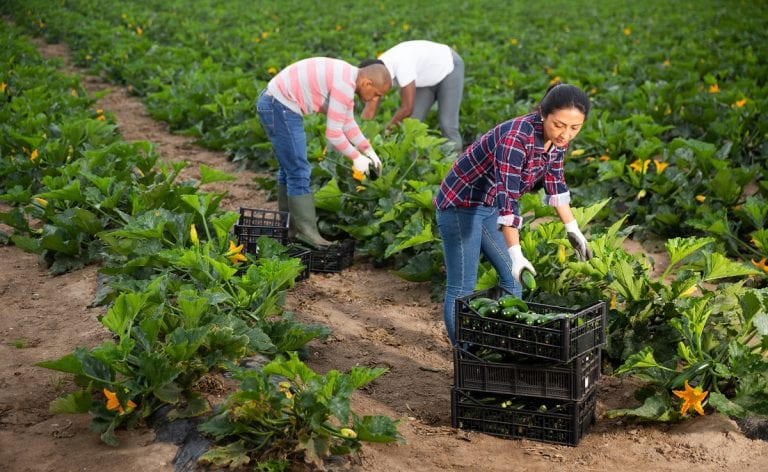
 “In Chianti, warehouses are full and prices are falling”. The economic crisis of Tuscan wine explained by Giovanni Busi
“In Chianti, warehouses are full and prices are falling”. The economic crisis of Tuscan wine explained by Giovanni Busi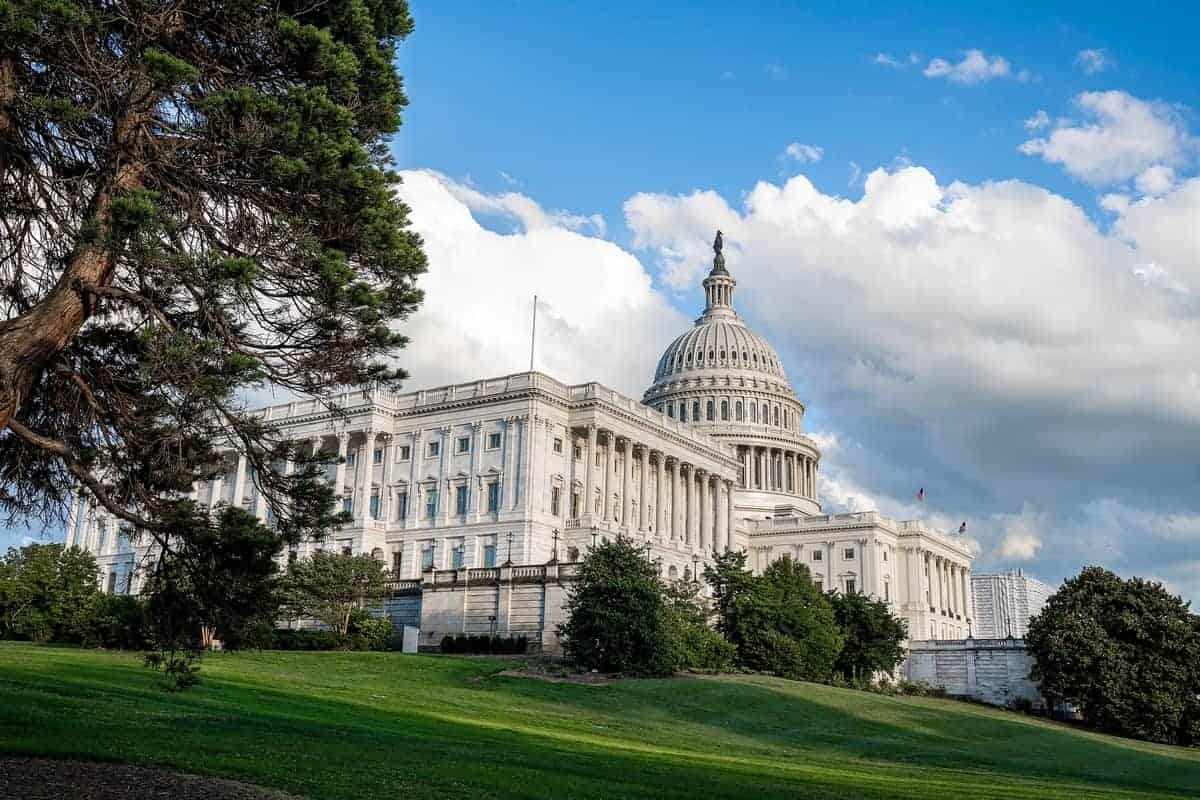 US tariffs will take effect on 1 August for everyone (including wine). Prosecco DOC: “it’s impossible to plan for the future
US tariffs will take effect on 1 August for everyone (including wine). Prosecco DOC: “it’s impossible to plan for the future Diego Rossi of Trippa opens a new osteria: what you can eat at Nino Osteria con Cucina in Milan
Diego Rossi of Trippa opens a new osteria: what you can eat at Nino Osteria con Cucina in Milan How you eat at Sentiero, the restaurant Elba Island was missing
How you eat at Sentiero, the restaurant Elba Island was missing

